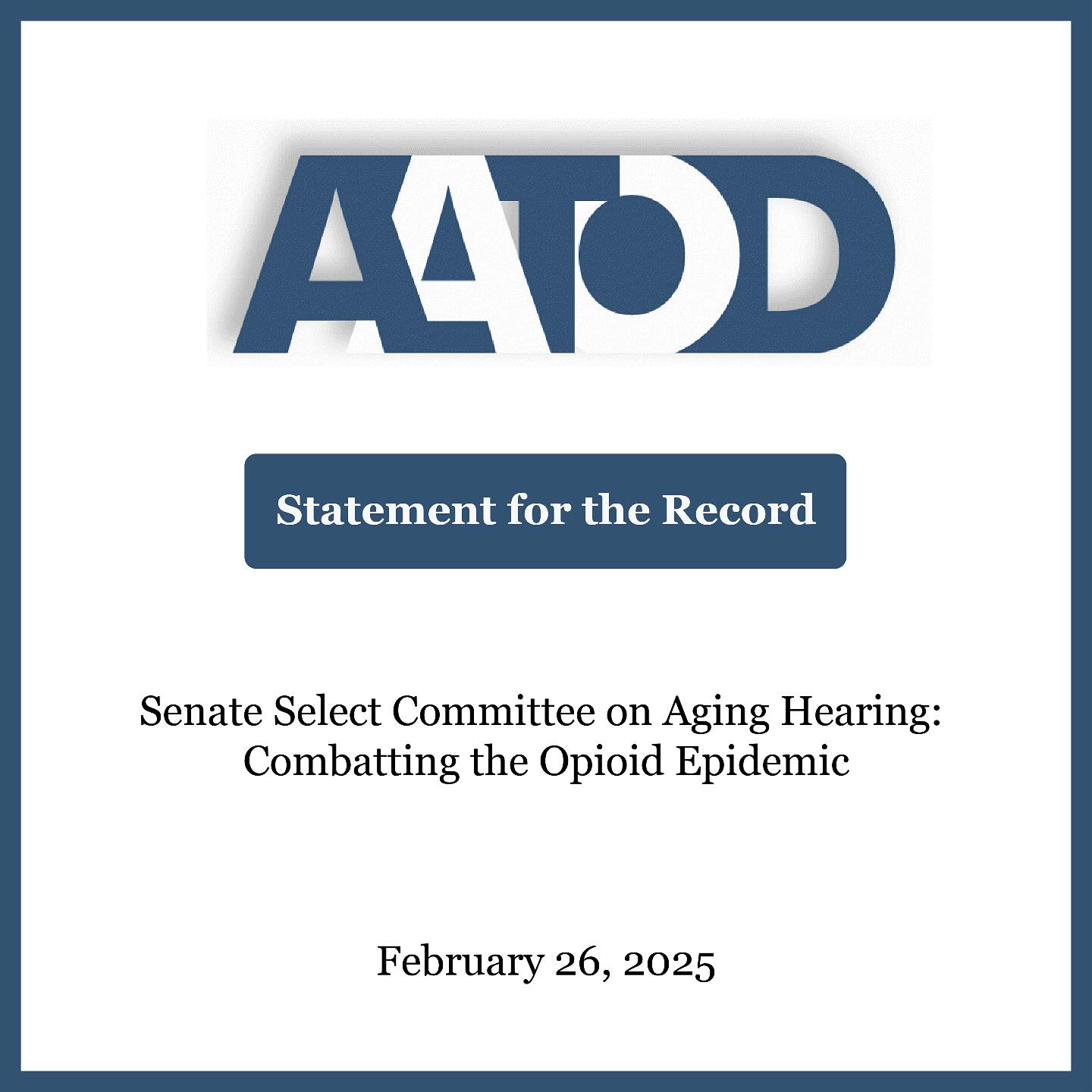We have been receiving alarming reports from our colleagues throughout the United States about the increasing incidence of Hepatitis C. This is the result of improved testing techniques and greater access to laboratory tests for Hepatitis C.
Programs will need access to increased funds to implement several of these recommendations and we encourage our colleagues to work with the states while we work with the federal agencies, who are involved in providing guidance to improve practice standards. The most important aspect to keep in mind in reviewing the following guidelines is that we must do all that we can to improve the quality of life for patients, who have been diagnosed with Hepatitis C.
- The prevention of HCV primarily involves the prevention of injection drug use or the prevention of needle sharing among those not abstinent. Patients need to be educated about the currently accepted knowledge about transmission of HCV and the risks associated with needle sharing, sex, perinatal transmission and casual contact.
- Education about HCV prevalence, prevention, symptoms and treatment should be integrated into basic risk reduction health education for all staff and patients who enter opioid pharmacotherapy treatment programs (NTPs). Medical staff are good internal resources to begin this process. Counseling efforts need to be directed toward providing patients with information about how to live with HCV.
- All patients should be encouraged to be tested for HCV.
- Develop a partnership with health care providers for testing, treatment and ongoing monitoring of Hepatitis C patients.
- Programs should be available to assist patients in decision making about when to consider treatment and the risks of alcohol use, concurrent HIV infection, sexual practices, blood organ, tissue and semen donation.






























